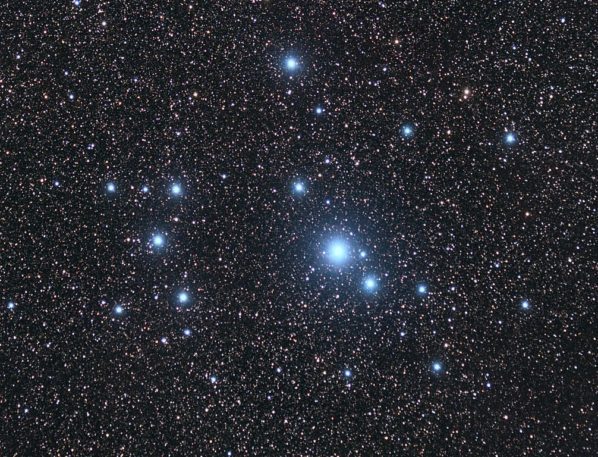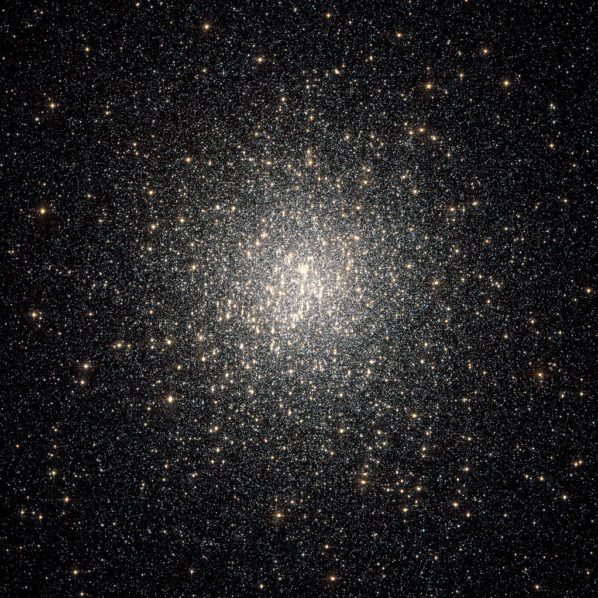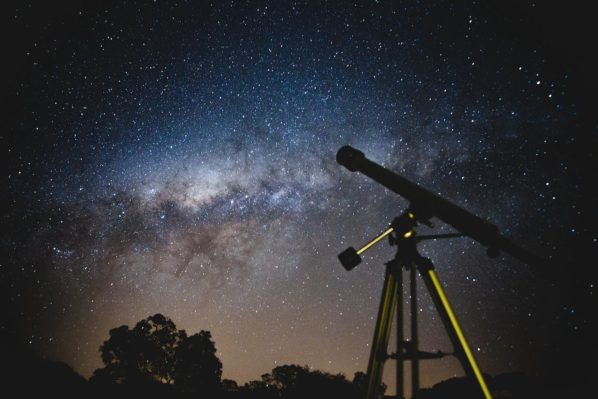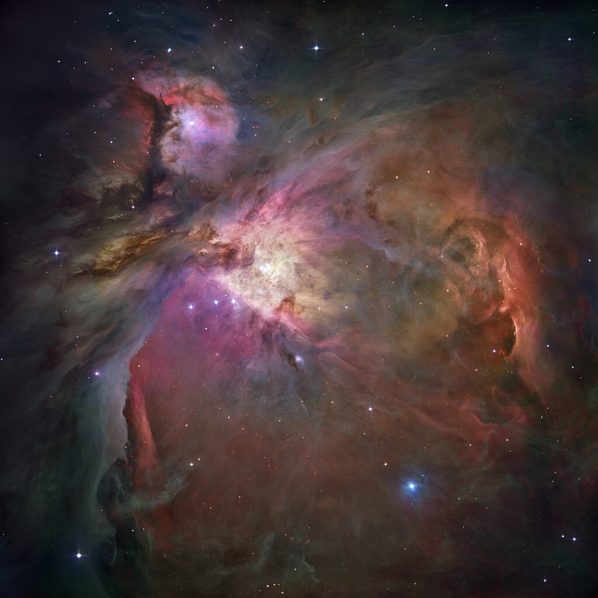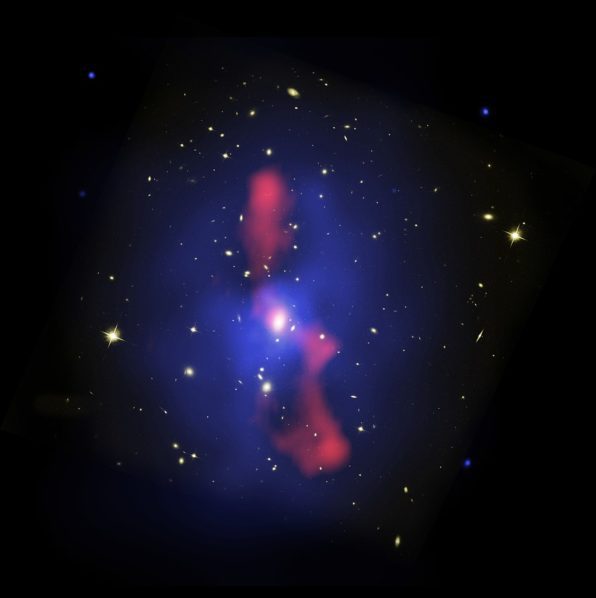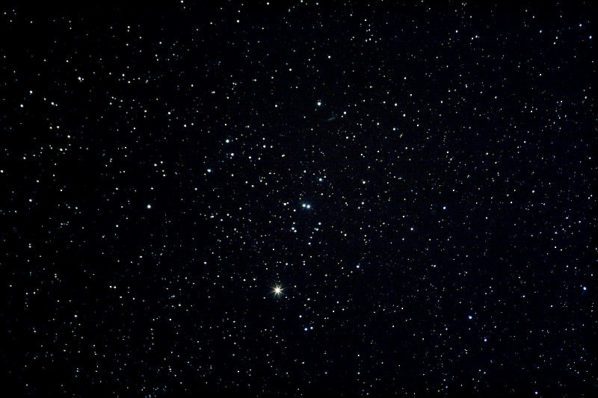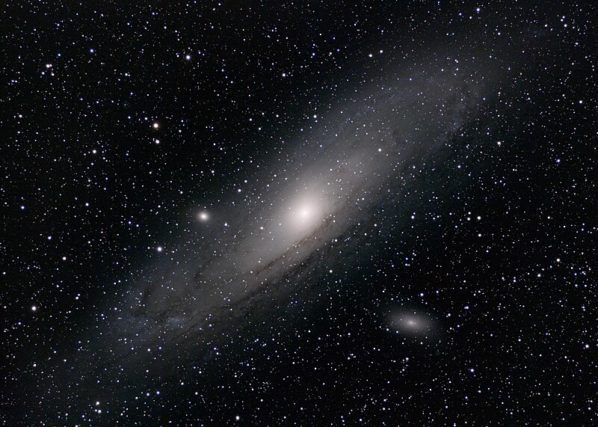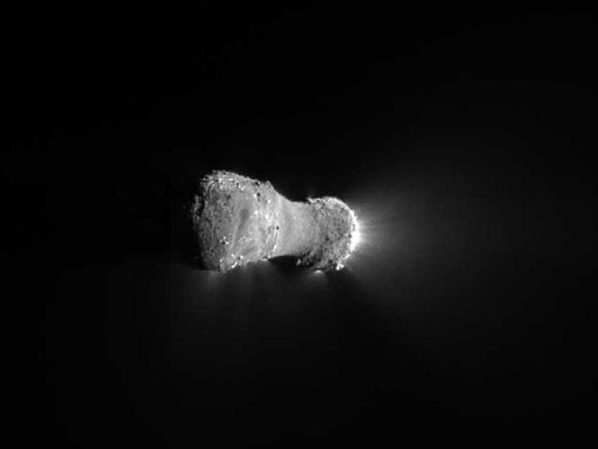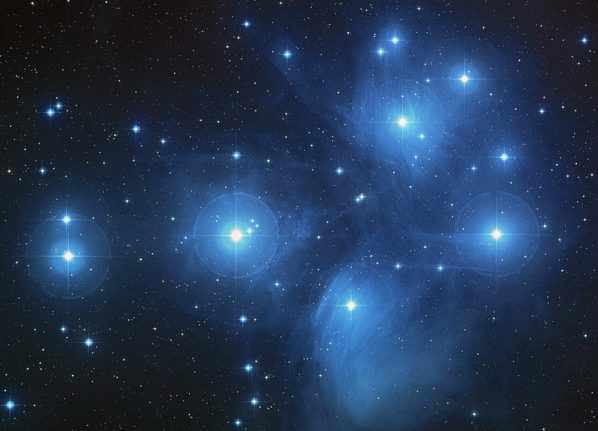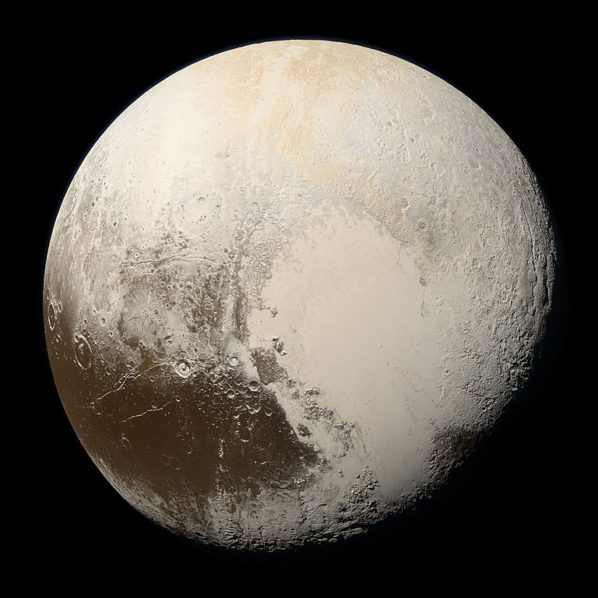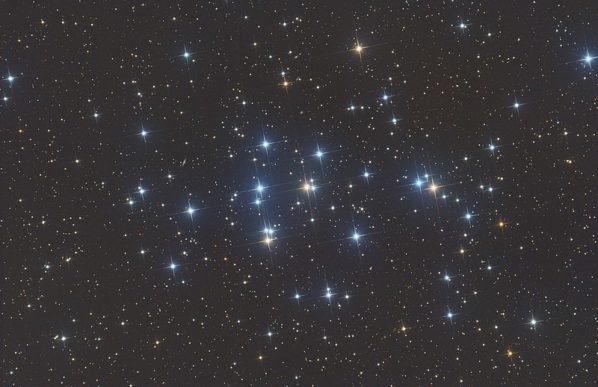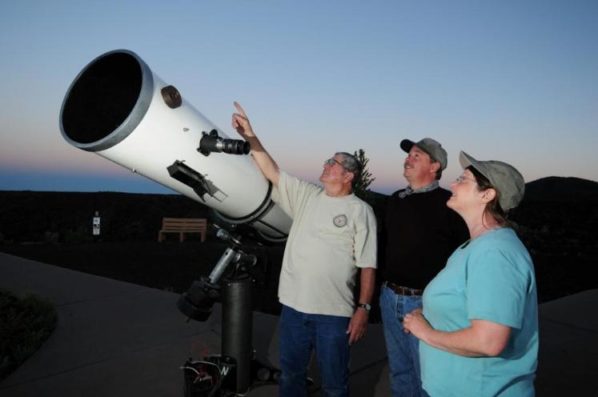Stargazing Calendar for March 2024
Explore the celestial spectacle of March 2024 with our stargazing guide and astronomy calendar. Discover the wonders awaiting in the night sky this month!
Stargazing Calendar for February 2024
Discover the celestial wonders awaiting you in stargazing this February 2024. Explore planetary conjunctions, comet sightings, and more in this captivating astronomical journey.
Mastering Astronomy: Reach for the Stars With These Top Tips
Mastering astronomy involves understanding celestial basics, exploring telescopes, and recognizing celestial bodies. Leverage online resources, apps, and stargazing events to dive into this captivating field.
Stargazing Calendar for December 2023
Explore the celestial wonders of December 2023 with meteor showers, planetary alignments, and cosmic events that paint the night sky. Discover the grandeur and beauty of astronomical phenomena in this captivating journey through the stars.
Galaxy Cluster MS0735 – Three Telescopes Show a Very Different Picture
Unveiling the Mysteries of Galaxy Cluster MS0735: Explore the enigmatic cluster through optical, X-ray, and radio lenses, revealing the colossal scale of a supermassive black hole's impact and the intricate dance of forces within this captivating galactic cluster.
Stargazing Calendar for November 2023
November 2023 brings celestial spectacles: meteor showers, planetary oppositions, and captivating conjunctions. Don't miss these cosmic events!
Stargazing Calendar for October 2023
October's night sky is set to dazzle with celestial spectacles. From planetary alignments to meteor showers and eclipses, don't miss these captivating astronomical events.
Stargazing Calendar for September 2023
This month, the night sky beckons with a captivating celestial lineup. Look forward to the intriguing dance of planets in conjunctions, the mesmerizing streaks of meteors during showers, and Venus radiating at its brightest. Don't miss the chance to witness Comet Hartley 2's close encounter or the majesty of the 47 Tuc globular cluster. The September sky promises a celestial spectacle for all to enjoy!
Stargazing Calendar for August 2023
Get ready for a celestial spectacle in August! This month promises a series of exciting events in the night sky, including many conjunctions, meteor showers, and oppositions of asteroids and Saturn. Whether you're a seasoned stargazer or a curious observer, there's plenty to look forward to in the awe-inspiring cosmic events unfolding above us.
Stargazing Calendar for July 2023
Get ready for a month filled with celestial wonders! In July, Mercury transitions in the sky, Venus and Mars dance closely, and comets reach perihelion and perigee. Don't miss the supermoon, many conjunctions, asteroid 15 Eunomia and Pluto at opposition, three meteor showers, and other breathtaking events. Grab your telescope and prepare for a dazzling show in the night sky throughout the month of July.
Stargazing Calendar for June 2023
Hello fellow stargazers! June offers a range of astronomical events, including Mars and M44's close approach, many conjunctions, and asteroid Parthenope at opposition. Meteor showers like the Daytime Arietids and June Bootids also grace the sky. Don't miss them!
Top Mistakes Beginning Astronomers Make
Amateur astronomy is not for everybody, just like golf or football is not for everybody, but if you are sure that you want to take up the hobby of gazing at the Universe (or at least some of it) in your free time, you need to get the basics right. Getting it wrong, like so many other beginner amateurs have done, means that your expensive new equipment will almost certainly end up gathering dust in your garage - never to see starlight again.

